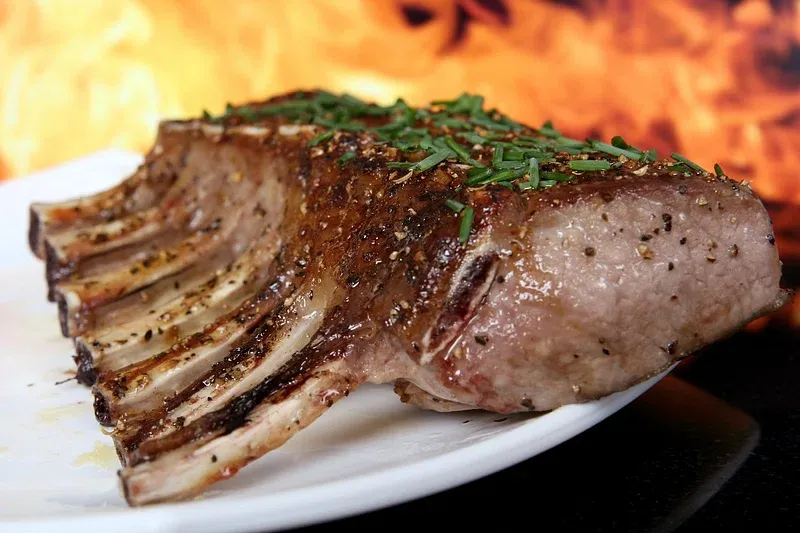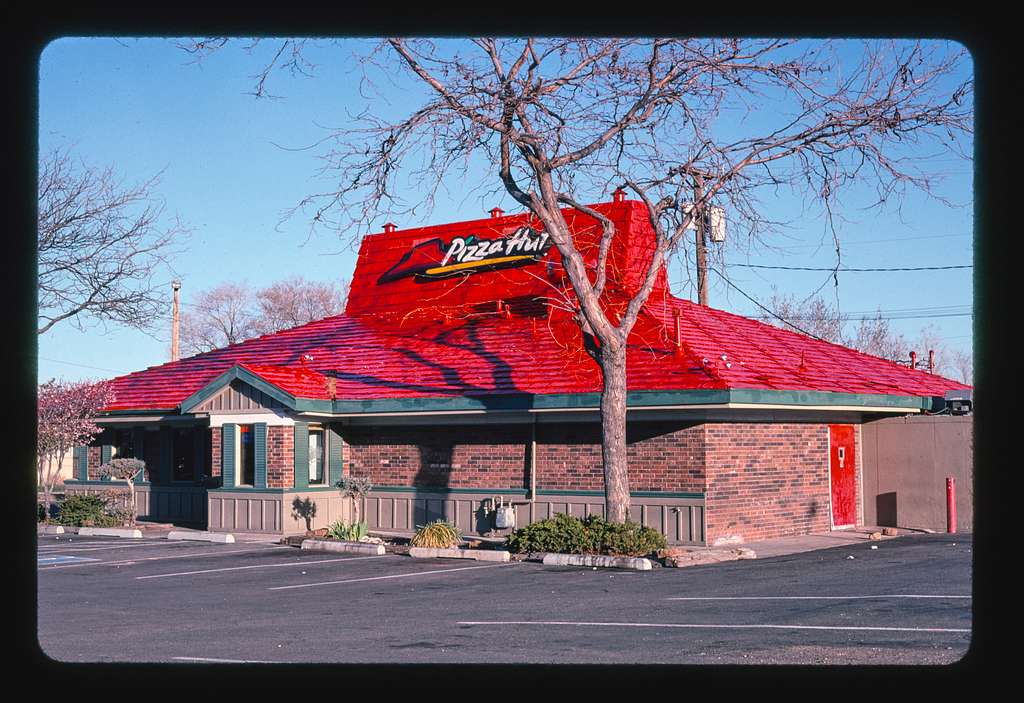
Why Coffee in New Orleans Isn't Just Plain Coffee
- May 23, 2024
If you've ever savored a cup of coffee at the world-renowned Café Du Monde in New Orleans, or any other local café for that matter, you'll note a peculiar difference in taste. This is due to an ingredient simply called chicory.
Chicory is a flowering plant, primarily utilized for its culinary versatility in foods and beverages globally. Despite its origins in Europe, North Africa, and Western Asia, it's currently cultivated worldwide. The entire plant, including stems, leaves, and roots, are edible, lending itself to a multitude of uses.
"The chicory leaves find room in numerous culinary applications - from being used with steak tartare to dressing in a vinaigrette for veal Milanese, or the sprouts served with anchovies, mirroring Roman culinary styles," reveals Nick Detrich, New Orleans bartender and partner at Manolito. "In beverages, it's often brewed with coffee to bring out its natural bitter notes or steeped in teas," he further elaborates.
Interestingly, chicory is caffeine-free and acts as a coffee substitute for those susceptible to caffeine. Its use as a coffee additive traces back to the American Civil War during the Union blockade of New Orleans. With coffee rations stretched thin, chicory, plentiful and perfect in taste, staked its claim. The chicory root, abundant in flavor and aroma after roasting, mirrored freshly roasted coffee, hence making it a natural partner.
"It's historically been employed where coffee is scarce, commonly used to extend coffee during rationing," says Detrich, "In the Middle East, it's found in various spiced coffees. Nestlé's product, Ricoré, a nearly 50-50 blend of chicory and coffee from the 1950s, continues to be sold in France."
New Orleans holds a unique distinction for its association with chicory in the United States. The usage of chicory traces back to the 17th century in France when it was blended with coffee, eventually making its way to Louisiana. The use of chicory played a significant role in its establishment in the local culinary scene, during the Civil War era.
"New Orleanians have a love for robust flavors, and amplifying coffee’s bitterness aligns with the culinary ethos of New Orleans," says Detrich. Given this fascination, it's no wonder that bartenders in New Orleans have found chicory an invaluable ingredient when concocting complex cocktails.
In culinary applications, chicory is versatile, but its inherent bitterness perfectly balances other flavors, making it ideal for mixologists. "In view of its bitter flavor, it’s prudent to use it in brief steeps," advises Detrich, "It enhances the richer notes in Italian vermouth in Manhattans and Boulevardiers, or adding a few dried pieces to a Southern Italian or Sicilian amari results in a delicious aperitif.”
Whether its leaves are tossed into salads or its roots are roasted and ground with coffee, chicory is a versatile plant that deserves more attention. With inventive mixologists testing chicory syrups and infusions, it seems like chicory’s breakout moment in the cocktail scene might be imminent.






